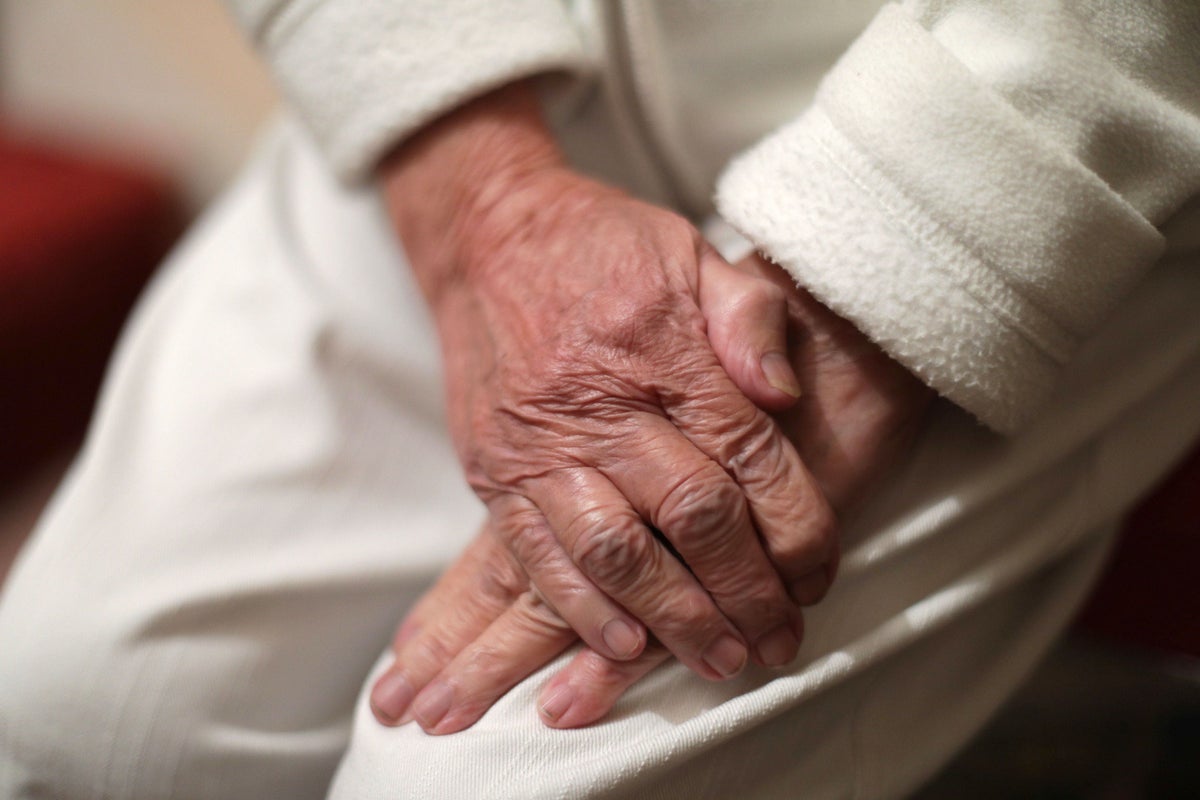Simple tests may help predict dementia risk years in advance

Simple tests assessing grip strength and mobility can predict people’s risk of ageing-related health conditions such as dementia, according to a new study.
Previous studies have shown that as people age, they generally tend to lose muscle strength and slow down.
The new research, published recently in the Journal of Cachexia Sarcopenia and Muscle, suggests this could also be a sign of a more sinister health concern of ageing – late-life dementia.
Scientists, including those from Edith Cowan University in Australia, assessed data from over 1000 women with an average age of 75.
They measured the women’s grip strength and the time it took for them to rise from a chair, walk three metres, turn around and sit back down – known as a timed-up-and-go (TUG) test.
The women then repeated the test after five years to monitor any loss of performance.
Over the following decade and a half, nearly 17 per cent of women involved in the study were found to have had a dementia event, categorised as a dementia-related hospitalisation or death.
Scientists found that lower grip strength and slower TUG could be significant risk factors for presenting with dementia, independent of risk associated with genetics, smoking, alcohol intake, and physical activity levels.
Those with the weakest grip strength in the study were found to be more than twice as likely to have a late-life dementia event than the strongest individuals.
The slowest in their TUG test were also more than twice as likely to experience dementia than the quickest.
Researchers theorise that grip strength, which can be easily measured using a handheld device known as a dynamometer, could be a measure of brain health due to the overlapping nature of cognitive and motor decline.
“Both grip strength and TUG tests aren’t commonly performed in clinical practice, but both are inexpensive and simple screening tools,” study co-author Marc Sim said in a statement.
The new findings, they say, could help health professionals identify dementia risk in patients earlier.
“Incorporating muscle function tests as part of dementia screening could be useful to identify high-risk individuals, who might then benefit from primary prevention programs aimed at preventing the onset of the condition such as a healthy diet and a physically active lifestyle,” Dr Sim said.
Scientists suspect grip strength may also present as a “surrogate measure” of heart disease, inflammation and frailty, which are known risk factors for dementia.
“The exciting findings were that decline in these measures was associated with substantially higher risk, suggesting that if we can halt this decline, we may be able to prevent late-life dementias. However, further research is needed in this area,” Dr Sim added.
For all the latest Science News Click Here
For the latest news and updates, follow us on Google News.

